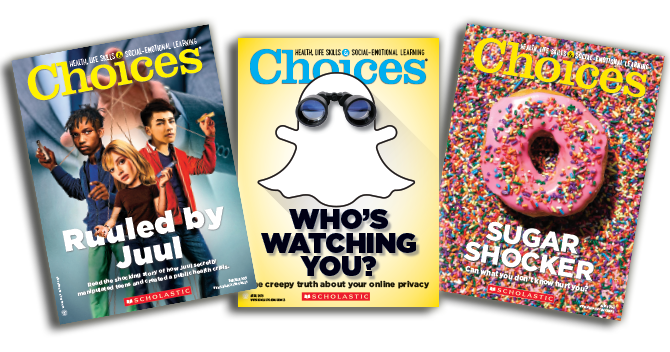Once upon a time, there was a young boy in Wilmington, North Carolina, who loved basketball. As a high school sophomore, he didn’t make the varsity team. So he spent his time on JV working his butt off—sometimes scoring as many as 40 points per game.
Still, as his years playing basketball went on, he missed more than 9,000 shots. He lost almost 300 games. Twenty-six times his team relied on him to make a game-winning basket—and he missed.
That boy? His name was Michael Jordan. And while you probably don’t need us to tell you what happened to him, it bears repeating: He became arguably the greatest professional basketball player in history.
“I’ve failed over and over and over again in my life,” Jordan has said (in one of his many Nike commercials). “And that is why I succeed.”

